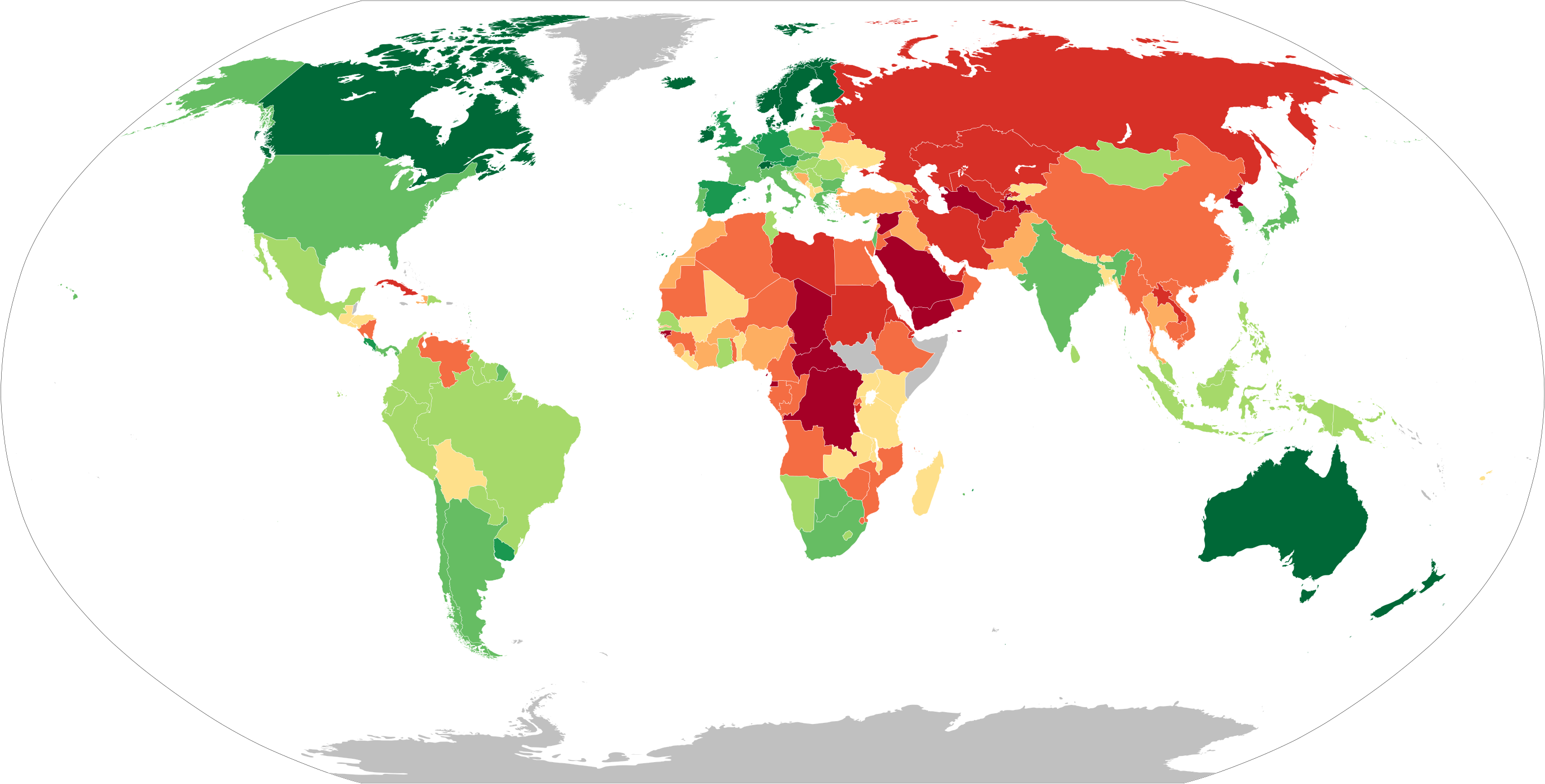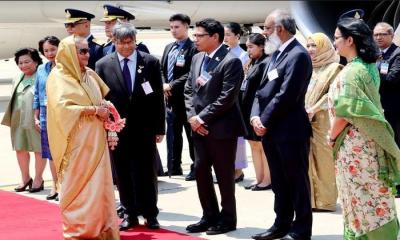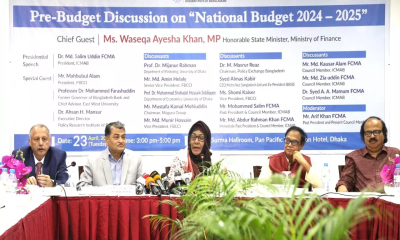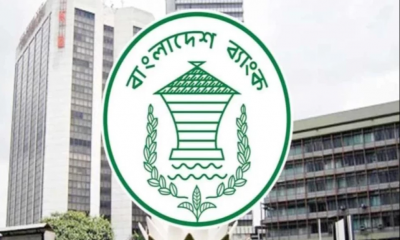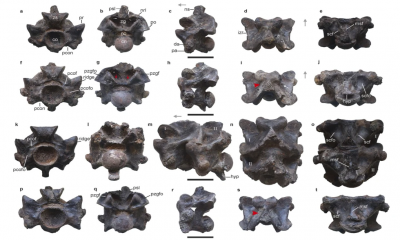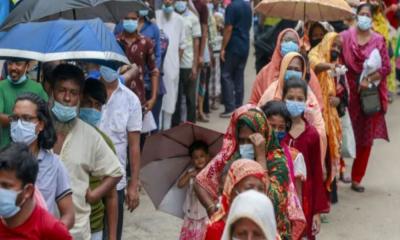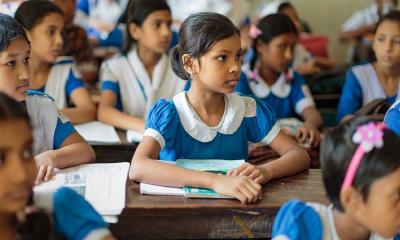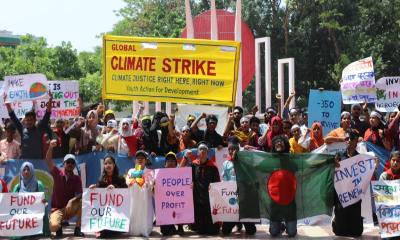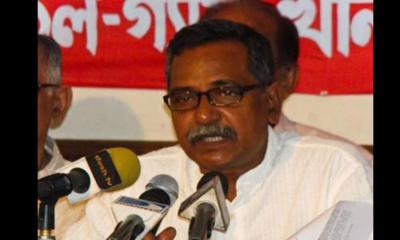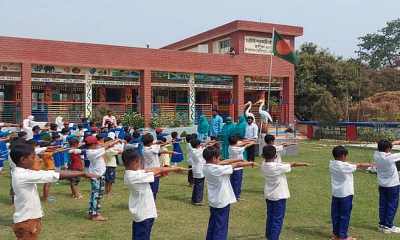Bangladesh has made a remarkable progress in the e-Participation and UN e-Government Development (EGD) indexes.
Tge country jumped 20 notches on the e-Participation Index while eight in UN e-Government Development Index (EGDI).
Bangladesh ranked 111th among 193 countries with a score 0.5630 in this year's UN e-Government Development Index, according to UN e-Government Survey 2022.
The survey was conducted United Nations Department of Economic and Social Affairs (UNDESA).
Besides, the country has also secured 75th position in the e-Participation Index (EPI) with a score of 0.5227.
The survey outcomes of the 12th edition of EGDI titled E-Government Survey 2022 (The Future of Digital Government) were released on Wednesday at the United Nations Headquarters in New York.
Bangladesh was 119th in EGDI scoring 0.5189 and 95th with a score of 0.5714 in 2020.
According to the release, the survey assesses online service delivery, legal and policy framework, status of e-participation as well as telecommunication infrastructure and human capital.
In this year's index, Bangladesh is in the leading position this year with the highest EGDI values among the least developed countries.
Bangladesh scored 0.6521 in the Online Service Index (OSI), 0.4469 in Telecommunications Infrastructure Index (TII), and 0.59 in Human Capital Index (HCI).
The report says that in Bangladesh, communication and collaboration are facilitated at the country, municipal and rural local government levels through e-participation tools.
The UN report said that Bangladesh secured the highest EGDI value in the top Least Developed Countries (LDCs) and Bangladesh remains in the high EGDI group in two consecutive surveys.
Bangladesh is working on different e-government initiatives to improve efficiency and capacity in public services delivery.
The report read that Bangladesh showed tremendous growth in terms of digital financial account access through the proliferation of branchless banking, which has taken full-service retail banking to the doorsteps of rural citizens across the country, and soaring mobile financial services (MFS), which have reached a client base of over 100 million.
Combining these channels, and in collaboration with the Ministries of Social Welfare, Finance, and Bangladesh Bank, the a2i Programme of the Bangladesh government, with support from UNDP, the Gates Foundation and the Consultative Group to assist the poor, developed the 'Citizen's Choice Architecture' for digital payments of social safety net programs-such as elderly allowance, allowance for widowed, deserted, and destitute women, allowance for financially-insolvent disabled people.
The Disability Innovation Lab is helping in producing disability friendly products, creating, testing and commercializing e-services, the report read.
In 2009, Bangladesh adopted the national digital Bangladesh strategy, which aimed to transform the country into a digitally developed nation by 2021 through ICT integration in support of good governance, law enforcement, employment and growth.
The 2022 United Nations E-Government Survey was prepared by the Department of Economic and Social Affairs of the United Nations (UNDESA), through its Division for Public Institutions and Digital Government (DPIDG), with the assistance of the International Telecommunication Union and the Institute for Statistics of UNESCO.
The UN conducts the survey every two years since 2001 to spread digital government throughout the world and to achieve sustainable development goals by 2030.


